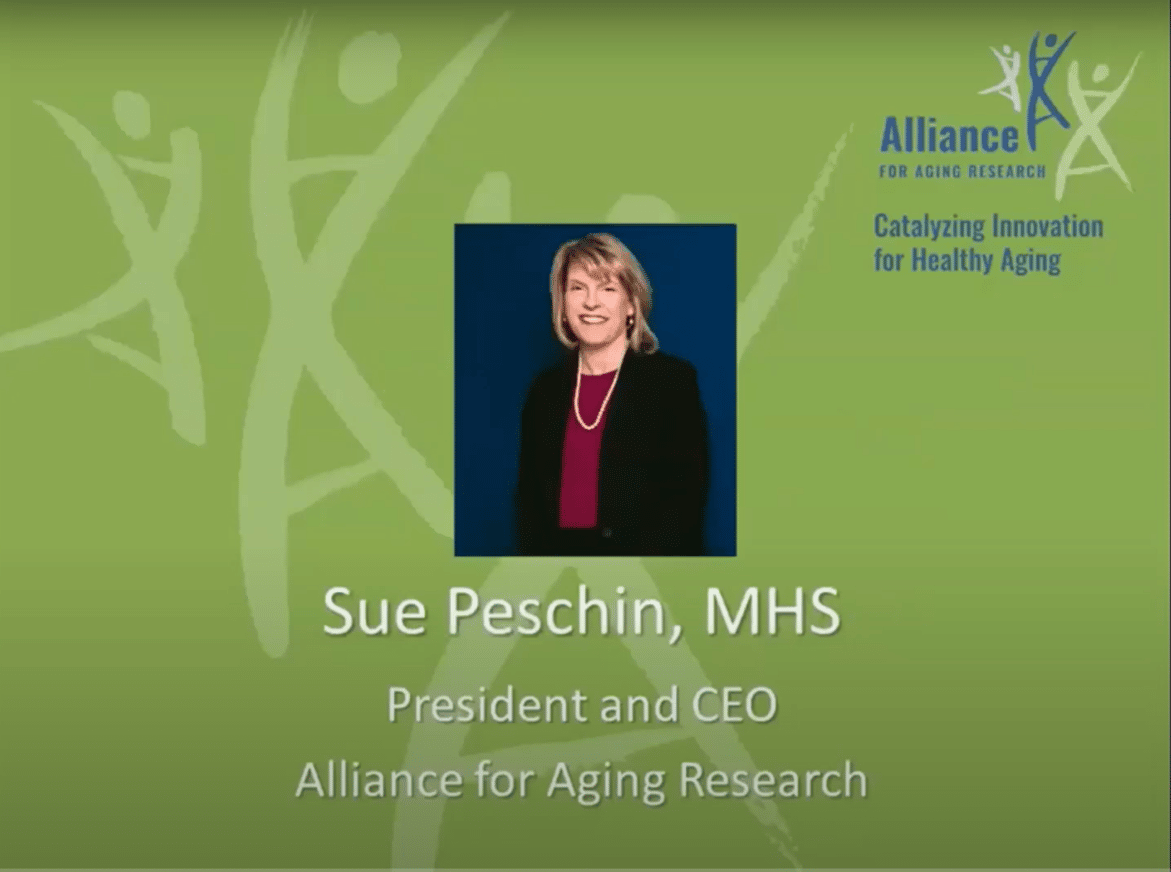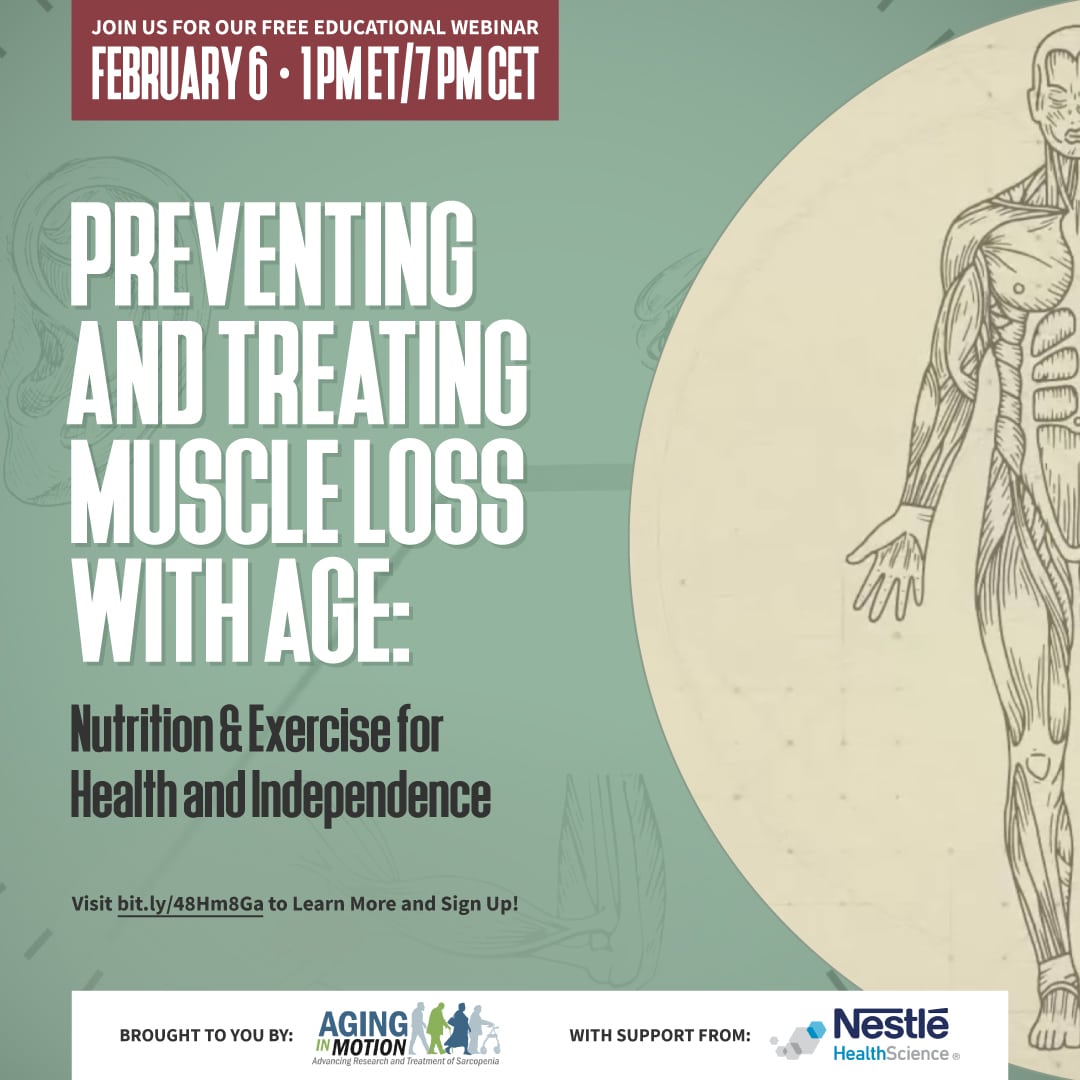- Alzheimer’s Disease and Related Dementias
- Antimicrobial Resistance
- Appropriations
- Cardiovascular Disease
- Care Innovation and Access
- Clinical Trials
- COVID-19
- Family Caregiving
- Health Equity
- Healthy Aging
- Home Health and Community-Based Services
- Medicaid
- Medicare
- Mental Health
- Nursing Home and Post-hospital Care
- Nutrition
- Persistent Pain
- Prescription Drug Affordability
- Quality and Outcomes
- Research Funding
- Sarcopenia and Mobility
- Telehealth
- Vaccination
- Value Assessment and Pricing
- Vision Loss
Clinical Trials
Getting medical discoveries from the research lab to patients requires clinical trials and volunteers to participate in testing new treatments. Volunteering in a trial may help society by bringing new treatments one step closer to patients. Volunteering may also provide access to cutting-edge treatment and a medical team that carefully monitors the health of the participant. Clinical trials can not happen without volunteers, and 37 percent of trials do not enroll enough patients to move forward.
Clinical trials play a significant role in medical research.Without them, innovative discoveries and breakthroughs would not make it to the patients who need them. There are two types of clinical research studies. Observational trials monitor people living their everyday lives and collect data to analyze changes over time through survey questionnaires and medical exams. Clinical trials directly study the impact of medical, surgical, or behavioral intervention on a person’s health. The federal agency in charge of reviewing clinical trial data to determine if an intervention is safe and effective is the Food and Drug Administration (FDA).
There are four phases of clinical trials:
- Phase I – A small-scale study that examines the side effects of a treatment on a group of usually healthy adults. The primary purpose of a Phase I trial is to determine the safety of an intervention.
- Phase II – A medium-scale study on a treatment’s effectiveness. This type of study is used to determine whether an intervention benefits people with a particular disease or condition.
- Phase III – A large-scale trial that seeks to collect information on a treatment’s safety and efficacy. In this phase, researchers can compare the impact of an intervention at different dosages, examine the impact of diverse populations, and monitor interactions with other drugs. After this phase, the FDA can determine if a drug is ready for market approval.
- Phase IV (post-market study) – In some cases, the FDA may approve an intervention and require a follow-up study to collect data on real-world outcomes. In a Phase IV study, researchers collect data on the drug’s safety and efficacy over an extended period.
The Alliance collaborates with partner organizations and government agencies such as FDA and NIH to increase older adult participation in clinical trials, including for diseases such as Alzheimer’s disease. This work includes addressing barriers that prevent adequate representation of older adults in clinical research, including geographic restrictions, lack of education about clinical research, and unnecessary exclusionary criteria. Furthermore, the Alliance is active in the FDA user-fee process to improve the clinical trial process for older adults.
Video on Clinical Trials

Are You NERDY? Become an Advocate for Older Adult Health with Talk NERDY to Me for This Is Growing Old
Teresa Wright-Johnson shares her experience being a patient advocate and participating in the Alliance for Aging Research’s Talk…
more.
Pay it Forward: Volunteer for COVID-19 Clinical Trials
The Alliance for Aging Research and Operation Warp Speed (OWS) hosted a webinar discussion about Combat COVID, a new web…
more.
Talk NERDY to Me
Research shows that involving older adult patients in decision-making about their healthcare leads to better patient outcomes and satisfaction…
more.



